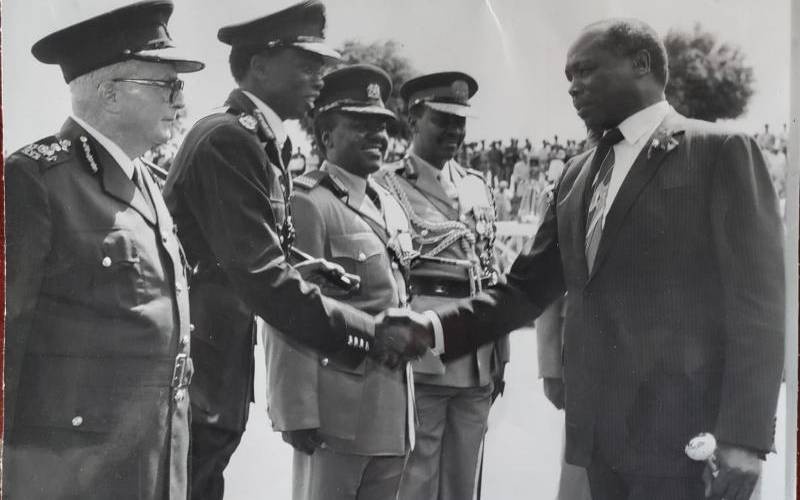×
The Standard e-Paper
Stay Informed, Even Offline

The Supreme Court has dismissed a case filed by former spy boss, the late Stephen Mwangi Muriithi against former President Daniel Moi.
Judges Philomena Mwilu, Mohammed Ibrahim, Smokin Wanjala, Njoki Ndung'u and Isaac Lenaola heard and determined the case. A majority of the judges ruled in favour of Moi as two gave a dissenting opinion. Judges Mohamed Ibrahim and Njoki Ndung'u gave a dissenting opinion.